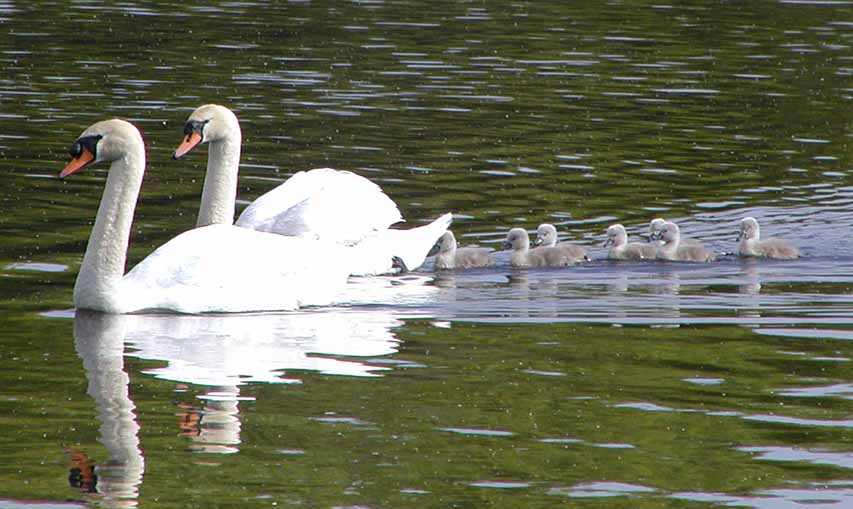DAERA sets up a new way to report dead wild birds launched
The Department of Agriculture, Environment and Rural Affairs (DAERA) has launched a new digital way for the reporting of dead wild birds.
This initiative is a bid to further enhance the Northern Ireland Avian Influenza (AI) surveillance program but will also have other benefits in monitoring the mortality of wild birds.
The new online form on the DAERA website will make it much easier for the public to report any sightings of dead wild birds.
This in turn helps DAERA to understand where the virus is and take the appropriate measures to minimise any risk to poultry flocks.
The new form is desktop and mobile compatible and allows users to accurately provide the location using GPS.

Chief Veterinary Officer for Northern Ireland, Dr. Robert Huey said: “The reporting of dead wild birds by the public is a key component of the Department’s Avian Influenza surveillance program.
“It helps us understand if the virus is present in Northern Ireland and how it is distributed geographically.
“Previously, dead waterfowl (swans, geese, or ducks) or other wild birds, such as gulls or birds of prey, were reported to the DAERA helpline.
“This new online method will make it much faster and easier for findings to be reported and will greatly enhance the wild bird surveillance program.
“The public’s continuing help is vital and I encourage anyone who comes across a dead wild bird to report it through the website on their computer or mobile device as soon as possible.”
Highly Pathogenic Avian Influenza (HPAI) H5N1 continues to be detected in wild birds across Northern Ireland in various locations most notably in Black Headed Gull breeding colonies.
Dr Huey added: “Considering the most recent HPAI confirmations in wild birds, there is now an increasing likelihood of incursion into kept flocks.
“I would like to take this opportunity to remind all birdkeepers that it is a legal requirement to register your birds.
“This applies to all birds except those kept in your own home.
“This is to enable the Department to provide you with up-to-date information about Avian Influenza and the measures you can take to prevent spread to your birds.
“The risk of an Avian Influenza incursion to poultry remains, and the disease, once in poultry flocks, has a devastating impact on our local industry.
“It is therefore vitally important to maintain high levels of biosecurity as individual site biosecurity remains a crucial mitigation factor.
“A self-assessment biosecurity checklist and guidance has been developed to assist poultry keepers and is available on the DAERA website.
“Guidance should be adhered to as much as is practically possible to keep your birds safe and help prevent the spread of disease from wild birds, or another source, to poultry.
“Officials continue to closely monitor the situation across the UK and the Republic of Ireland to determine the risk level to poultry flocks in Northern Ireland.
“And they will keep under review all tools available in our efforts to prevent any incursion into our local flocks.
“The ongoing cooperation and assistance of all birdkeeprs is key to this.”
For further information on what to do if you find a dead wild bird and a link to the new online reporting tool please see the Wild Birds and Advice for the Public section on the DAERA Avian Influenza hub:
https://www.daera-ni.gov.uk/articles/wild-birds-and-advice-public
DAERA will collect some dead wild birds for Avian Influenza surveillance purposes, however, once HPAI has been detected in a specific area, further testing is not required.
Therefore, not all birds will be collected.























